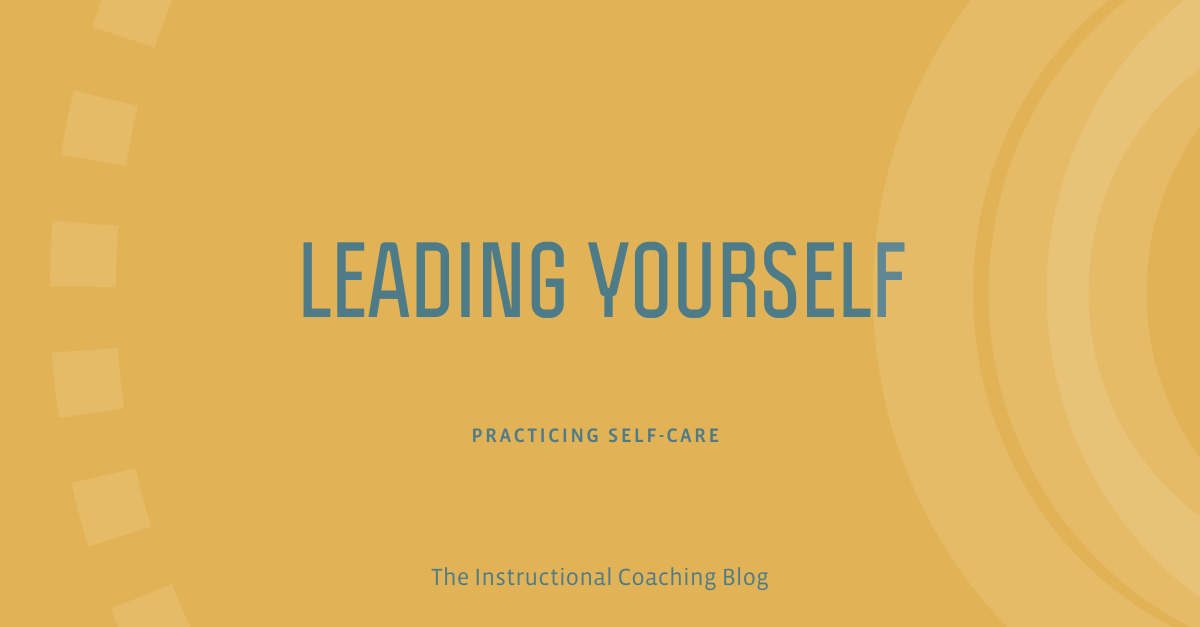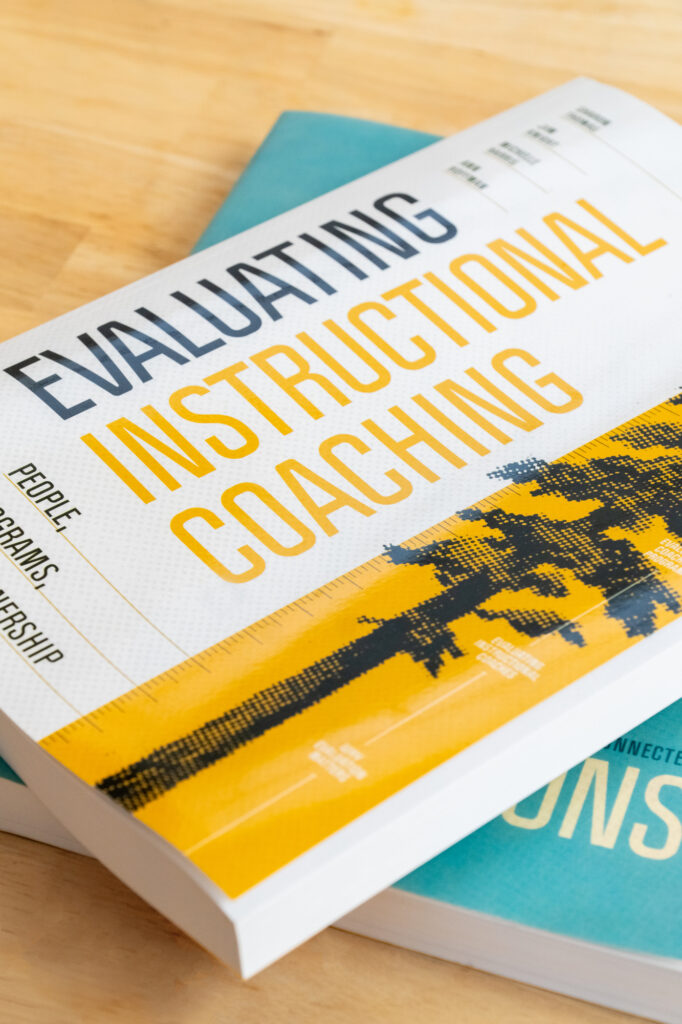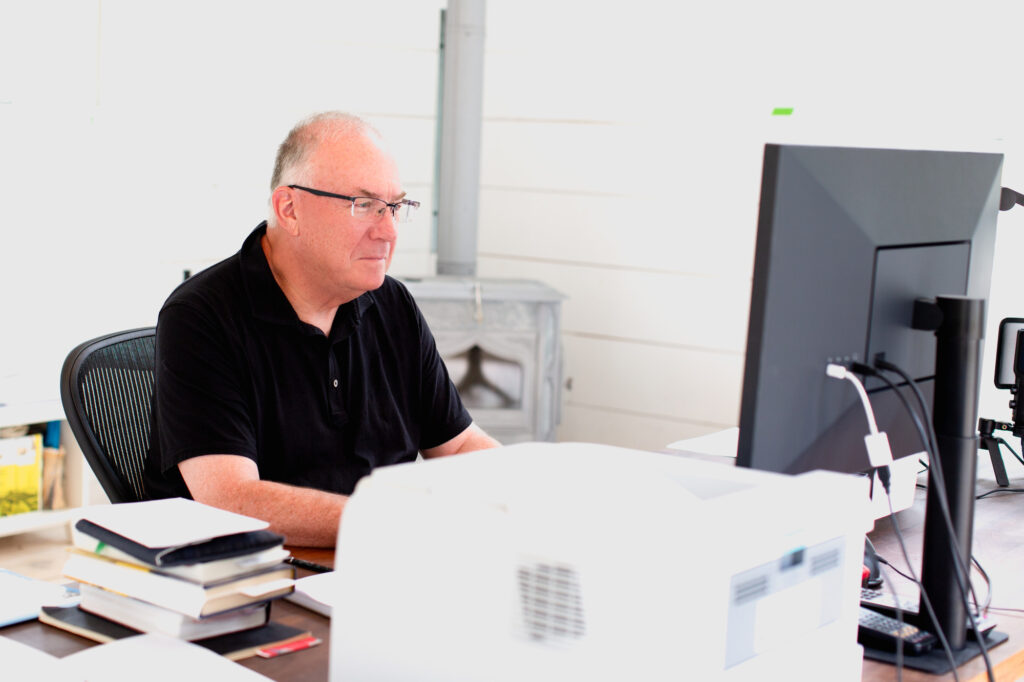The strategies for leading yourself hold the potential to help anyone live a more intentional, meaningful life, but there is one thing that can still sabotage our efforts: self-criticism. To truly lead ourselves, we need to treat ourselves with compassion.
Self Compassion
In her book Self-Compassion (2011), Kristin Neff, a researcher at the University of Texas in Austin, explains that we frequently limit our potential by internalizing criticism we’ve heard from people in our past. That leads us to say and think horrible things about ourselves that we would never say to anyone else. A habit of self-criticism coupled with the challenges of doing the complex work of coaching can damage a coach’s mental and physical health.
At its worst, Neff says, self-criticism leads to anxiety, insecurity, depression, and an overall negative attitude toward life. We try to prop up our self-efficacy by comparing ourselves with others, but we know there will always be someone who is faster, thinner, or more accomplished than us.
The first step in overcoming self-criticism is simply to recognize what we are doing. Just naming examples of self-criticism is a positive step forward. A much healthier response is self-compassion — treating ourselves with the compassion we would direct toward a dear friend. According to Neff, self-compassion involves letting go “of the need to feel better than others” (p. 19), “being kind to ourselves” (p. 41), and “recognizing our shared human condition, flawed and fragile as it is” (p. 10). At its heart, self-compassion is about showing ourselves the same kindness and grace we would show others.
Health
We all want to take care of our health. Too often, though, it feels like trying to be healthy is an impossible task. We have a long list of things we want to do to be healthier, but other things keep getting in the way — papers that need to be graded, visiting in-laws, the graduate course, the twins, and that lovely glass of sauvignon blanc we just poured ourselves.
Taking care of our health is one of the most important ways we can lead ourselves, and, luckily, a few simple adjustments can have a very positive impact on our lives, our ability to lead ourselves, and our ability to lead others.
We need to find the motivation to change by acquiring a deeper understanding of why we get up in the morning — our purpose. We need to block time to do whatever is most important.
We need to develop habits so that we don’t have to rely on our unreliable willpower.
Finally, we have to be compassionate toward ourselves, recognizing that we cannot do it all at once, but we can take one small step forward at a time to lead ourselves more effectively.
And the more effectively we lead ourselves, the more effectively we will lead others.





























